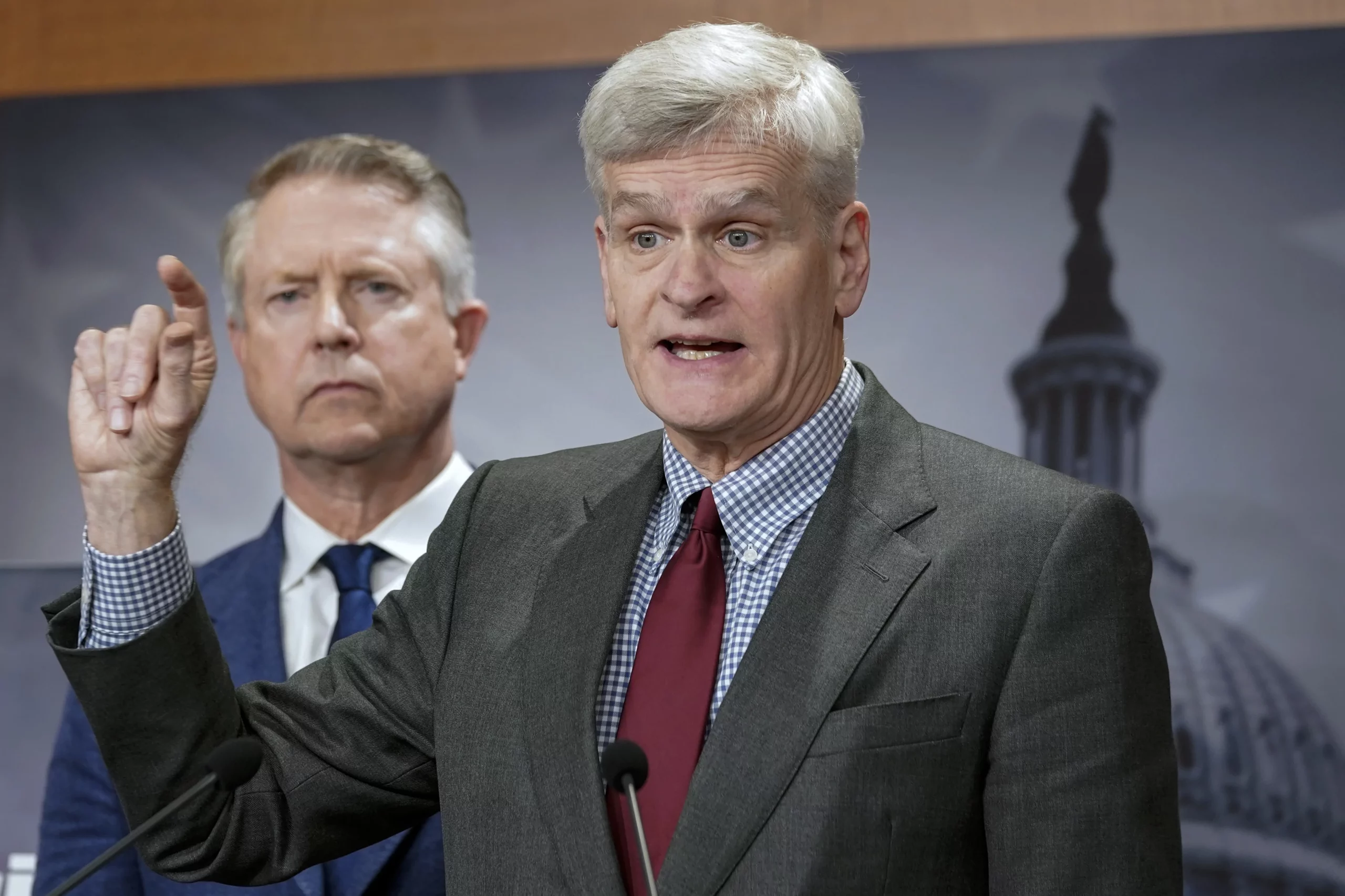

EXCLUSIVE — Sen. Bill Cassidy (R-LA) is calling for an investigation into colleges and universities in the United States that are using federal tax dollars to push diversity, equity, and inclusion ideologies on their campuses.
“DEI on college campuses is not only subsidized by families paying higher tuition, but also by taxpayers who fund a significant portion of universities’ annual budgets,” Cassidy, a ranking member of the Senate Health, Education, Labor, and Pensions Committee, told the Washington Examiner. “Taxpayer dollars should go toward improving learning, not promoting divisive ideologies that put students in harm’s way.”
In a letter addressed to Sandra D. Bruce, inspector general of the Department of Education, Cassidy tracked the expansion of DEI ideologies at colleges. He noted that, in 2021, a review of 65 universities found schools were paying, on average, 45 staff members to promote DEI. From 2020 to 2022, membership in the National Association of Diversity Officers in Higher Education skyrocketed by 60%.
In addition, 91% of freshman orientations include DEI messages, and some universities mandate ideologically aligned curriculums and force students to take an “implicit bias” test, according to a 2022 study.
“The primary problem with DEI is that it does not actually promote inclusivity. It is the opposite of diversity of thought when all members of the campus community are forced into groups based on their race and heritage,” Cassidy wrote. “Concerningly, at the same time that colleges and universities are spending record amounts to bolster their DEI infrastructure, the DEI ideology is being used as cover to justify discrimination and acts of intimidation on college campuses.”
Cassidy’s letter also noted that federal money is going to institutions at a time when many schools are sharply increasing tuition rates for students. Tuition jumped 109% over the past 20 years, making higher education unaffordable for more people in the U.S.
The letter also detailed the amount of money some schools spend on DEI programs, such as the University of Michigan, which spends over $30 million annually on 241 DEI bureaucrats, and the University of Virginia, which spends about $20 million per year on 235 DEI bureaucrats.
Cassidy wrote that instead of spending millions of dollars on DEI employees, the University of Michigan could have paid for the in-state tuition and fees of 1,781 students. Likewise, UVA could have paid for 1,030 students.
As total student debt has increased from $619 million to $1.73 trillion in the past 15 years, Cassidy wrote that the increased revenue for schools and the ever-increasing amount of money families are paying in tuition to attend college are being used to “subsidize the DEI bureaucracy.”
The letter comes after Republicans at the state and federal levels have been trying to find ways to dismantle the DEI bureaucracy in academia, including weighing options such as challenging federal funding for the schools and threatening their endowments.
Cassidy is a co-sponsor of the DISMANTLE Act, which would eliminate all federal DEI programs and funding for federal agencies, contractors, organizations, and educational accreditation agencies that receive federal funding and maintain DEI programs.
The Louisiana Republican is requesting that Bruce provide a full report on how much Title IV funding, or federal financial aid money, is being used to pay for DEI staff, programs, and curriculums at universities in the U.S.
CLICK HERE TO READ MORE FROM THE WASHINGTON EXAMINER
Cassidy is also looking to see which schools require DEI training or classes, as well as implicit bias tests.
The DOE declined to comment, and the office of the inspector general acknowledged receipt of the letter but declined to comment further.




